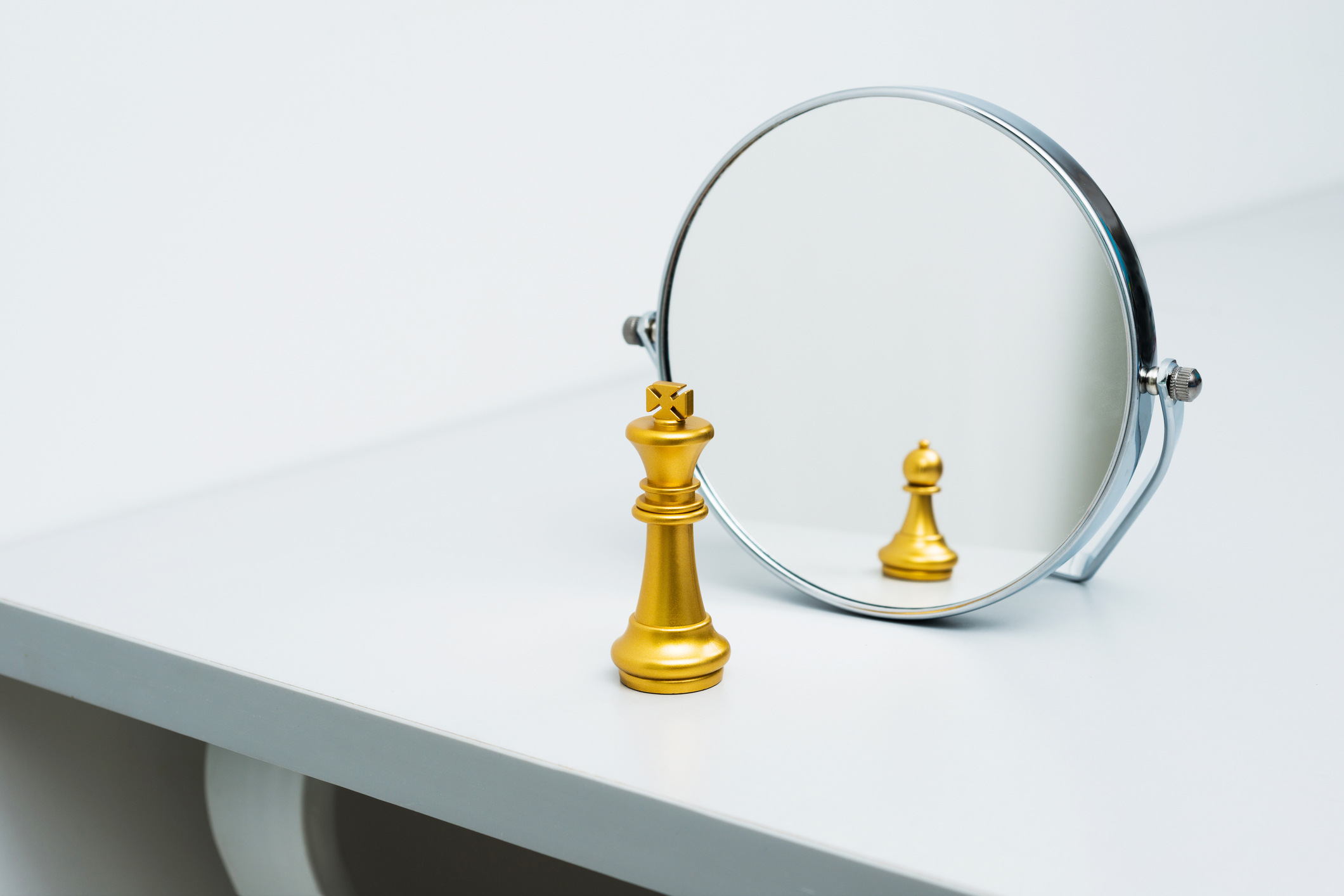I remember seeing a picture of Tyra Banks on a magazine cover while sitting in my pediatrician’s office when I was younger. Her eyes were big, her lashes were long, her lips were the perfect shade of fuschia. She doesn’t really look like that, I remember thinking. Like every celebrity, she was given the gift of a makeup artist, a lighting crew, and a team of photo editors, there to perfect every angle and remove every blemish.
Today, the gift of editing that was once only given to Hollywood stars has been granted to everyone with a device in their pocket, and the outcomes don’t look promising. Studies show that the percentage of Americans who owned a smartphone rose above 50 percent in 2012 – the same year that signaled a drop in self-esteem and happiness in adolescents. There have been countless links discovered between social media and body image, and with Americans spending more time on devices than ever before, it seems our mental health crisis is worsening by the day.
“Selfies are bigger than ever, and teens are using filters to change their appearance from ordinary to extraordinary,” says Dr. Neelam Vashi, M.D., a dermatologist at Boston University School of Medicine, who teamed up with a research team to study this phenomenon. “It’s not healthy to aspire to look like a filtered version of yourself, and it can trigger symptoms of Body Dysmorphic Disorder.”
Body Dysmorphic Disorder (BDD), a mental illness involving obsessive focus on a perceived flaw in physical appearance, has always existed, but the rise of social media has created new triggers for the disorder, as Dr. Vashi and her colleagues explain in their research recorded in JAMA Network. The researchers looked at the current data surrounding BDD, and found that among adolescents, perception of body image is heavily influenced by what they see online in the face of new sensory inputs.
“We know that genetics play a role in BDD, but there are also environmental factors involved,” Dr. Vashi explains. We’ve always been held to unrealistic beauty standards, but with the pressure to get “likes” on our physical appearance, the pressure is higher than ever. “Getting ‘likes’ on a photo is an amplified version of getting reassurance from others, and young people are seeking this reassurance through an online portal instead of asking a friend or family member how they look,” she says.
Beyond the number of likes online, selfie culture has created new metrics of self-worth that have translated to real-life expectations. “There is a pressure to look like the filtered version of oneself in real life,” Vashi shares. “It’s damaging for teens and worrisome for parents.”
Perhaps the most concerning is the sheer rise in numbers. The amount of young people taking selfies and tweaking their photos is escalating, and editing apps are a dime a dozen. So where do we go from here? According to Vashi, we adapt, and we educate. “Filters aren’t going anywhere,” she explains. “People like looking pretty and editing themselves, so the key is just remembering that this technology is meant to be fun.” Parents also need to educate their children and remind them that online likes are not a reflection of their self-worth. Encourage your kids to spend time off of their devices, and even set boundaries with tech in your own home to promote in-person communication. At the end of the day, being present with others can do wonders for your well-being – and it’s much more real than Instagram likes. “We’ve blurred the line between what’s real and what’s fantasy,” Dr. Vashi says. “The bottom line is awareness and education.”


